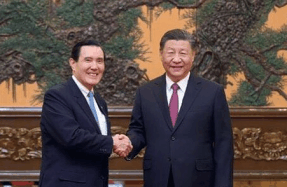The False Narrative On Basic Rights
The U.S. has made human rights a central component of its foreign policy since the Jimmy Carter administration (1977-81). Carter, seeking to improve the international image of the U.S. in the aftermath of the Viet Nam War, criticized human rights abuses and the lack of political freedoms in various U.S.-allied dictatorships, including Chile and Nicaragua. Such criticisms were designed not only to enhance the reputation of the U.S. internationally but also to buttress and give credibility to its ongoing ideological warfare against the socialist world.
Taking up residence in the White House in 1981, Ronald Reagan—a Cold Warrior —shifted the human rights spotlight away from America’s geostrategic allies and toward its enemies, particularly the Soviet Union. The Soviet Union’s refusal to implement a Western-style parliamentary system was painted as
You’re reading a preview, subscribe to read more.
Start your free 30 days

